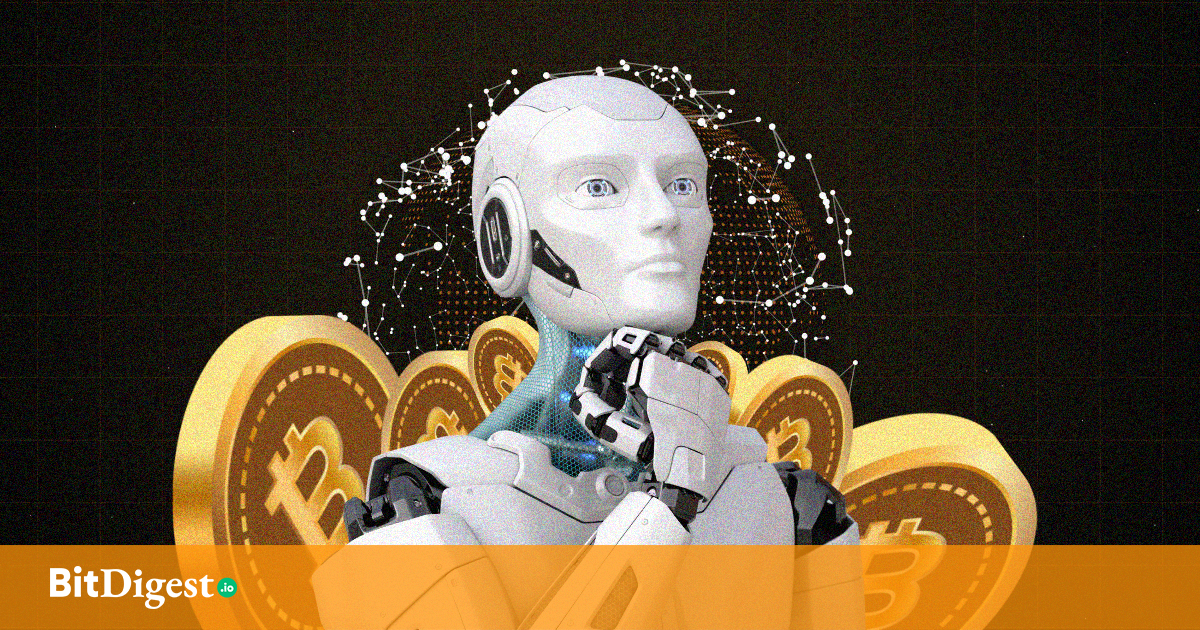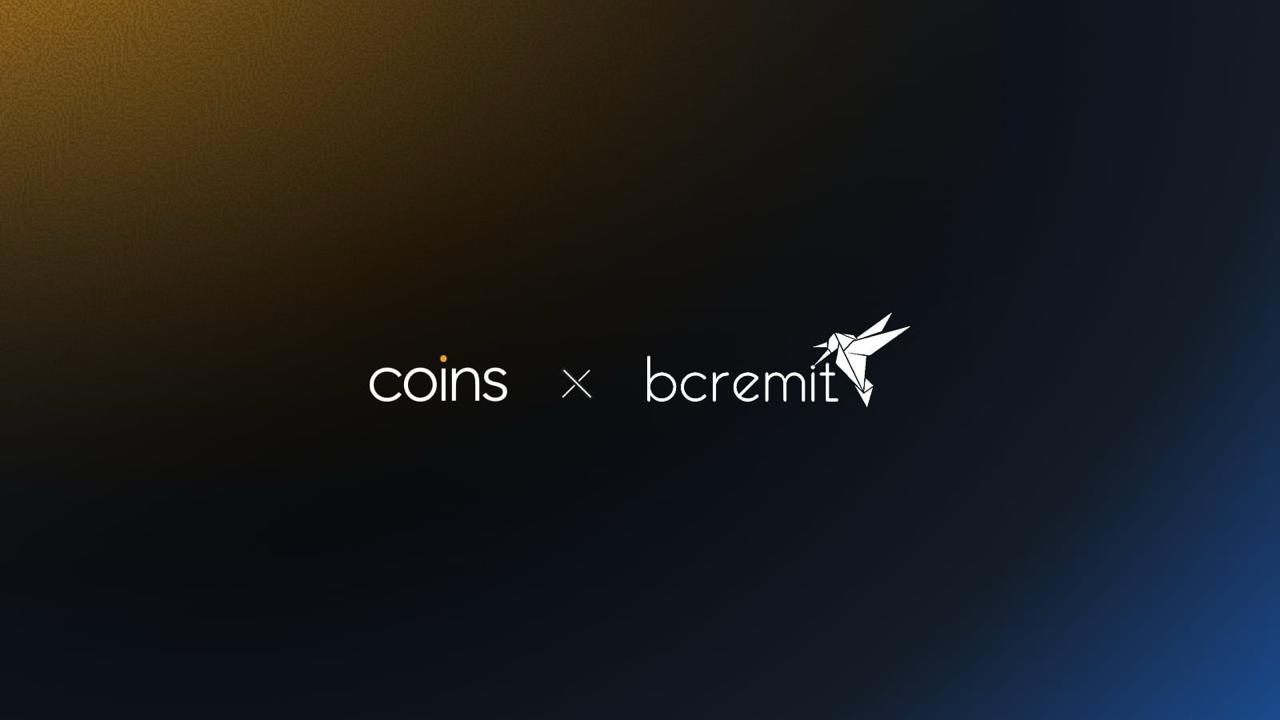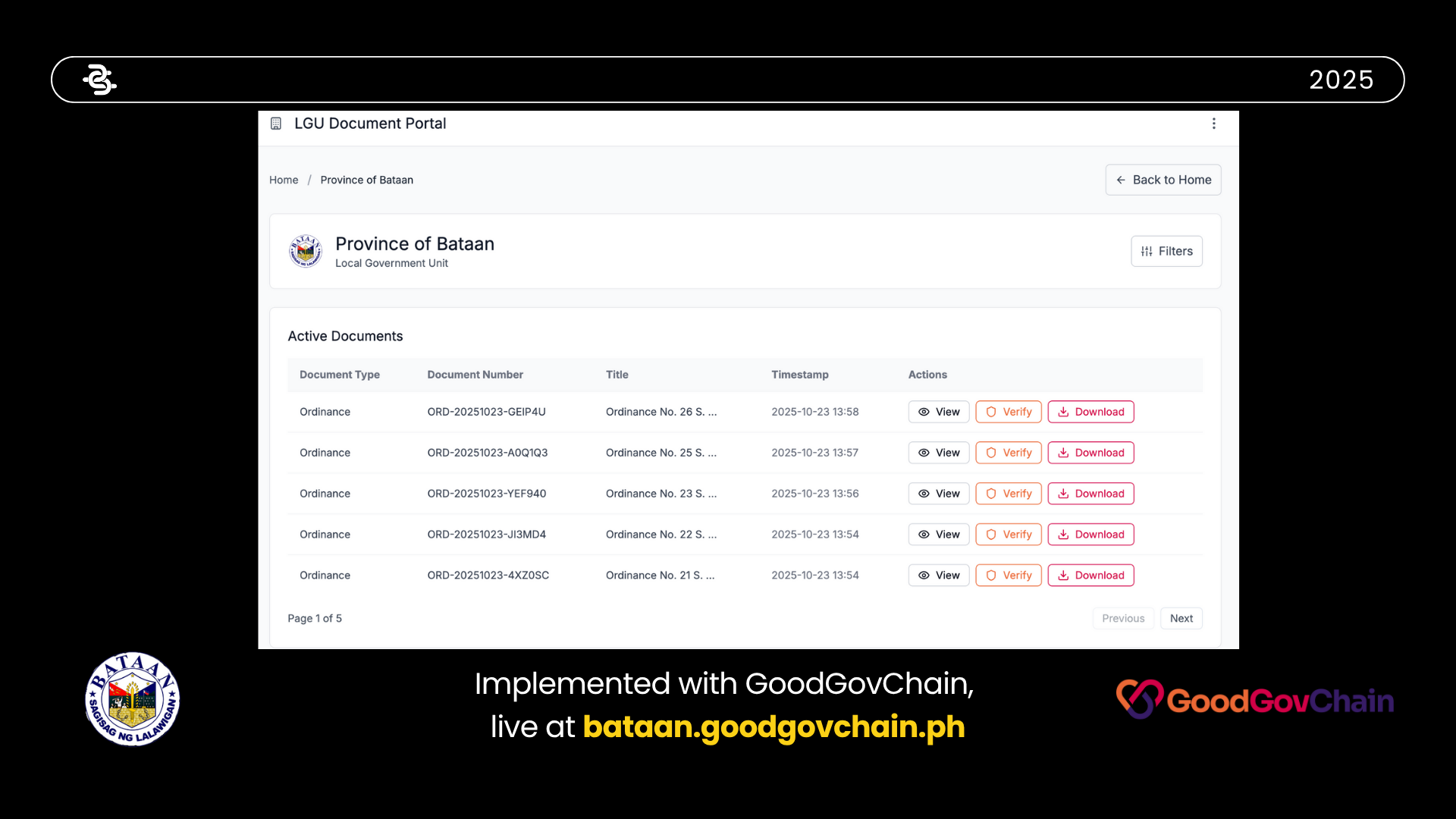Decentralized AI: Can Crypto Help Democratize Intelligence?
Artificial intelligence is advancing fast, from language models like GPT to AI assistants reshaping creative work, machine intelligence is now part of everyday life. But the question isn’t just what AI can do, but who controls it as well.
Today, the most powerful AI models are built, trained, and governed by a few corporations. These entities own the data, operate the infrastructure, and set the terms for access. Users interact with these systems through limited APIs, without knowing how decisions are made or how the models are trained.
At the same time, a different kind of system—blockchain—has grown quietly in parallel. Born to decentralize power in finance and the web, it offers a potential solution to AI’s centralization problem. Can crypto help keep AI open, transparent, and shared?
The Problem: Centralized AI, Limited Access
The core challenge with AI today is access. Training powerful models requires massive datasets and expensive computing power—both controlled by a small group of firms. These companies not only determine who gets to use their models, but also how they’re trained and which data is considered “acceptable.”
For many, this raises deeper concerns. Without open oversight, there’s little accountability for bias, misuse, or exclusion. Intelligence is becoming a proprietary product and the rest of the world is left renting it.
Infrastructure for Shared Intelligence
Rather than replacing AI, blockchain can help distribute its building blocks: compute, data, and development. Projects like Render Network, for example, are addressing the compute problem. Instead of relying on centralized cloud providers, Render allows anyone to contribute unused GPU power and get rewarded in tokens. Developers can tap into this decentralized pool to run AI workloads, with verification built into the network. While still growing, it’s a real alternative to expensive cloud infrastructure.
In the realm of data, Ocean Protocol enables individuals and institutions to share datasets securely and transparently. Through its “Compute-to-Data” model, AI can be trained on protected data without exposing the raw information. This makes it easier to share sensitive data—such as medical records or proprietary research—without losing control. Ocean already works with companies like Bosch and Roche to apply this model in healthcare and mobility sectors.
Then there’s coordination. Bittensor is a decentralized network where contributors train and evaluate AI models. The system rewards participants based on how useful their models are to the network. This allows researchers and developers worldwide to collaborate on building AI, without needing corporate approval or funding.
Together, these tools hint at a future where AI development isn’t gated by capital or geography—but opened up through shared infrastructure and aligned incentives.
A Public Layer for Intelligence
These systems propose a radical idea: that artificial intelligence doesn’t have to be centralized. Like open-source software or public utilities, intelligence infrastructure can be governed collectively. It can reward contributors based on merit, preserve privacy, and lower entry barriers for smaller players.
This vision won’t emerge overnight. The technology is still early. Networks like Render and Ocean have proven their concepts but are limited by scale, speed, and adoption. Bittensor, while innovative, faces real security and governance challenges.
But even in these early stages, the path is clearer than it’s ever been: if intelligence is going to shape the future, it must be built on open foundations.
The AI boom is here—but who benefits depends on who controls it. If left unchecked, the intelligence economy could mirror the worst of the internet age: a few companies owning the tools everyone else depends on.
Blockchain isn’t a silver bullet. But it offers a powerful framework for building AI systems that are transparent, inclusive, and collectively owned. From decentralized compute to tokenized data and open coordination models, crypto provides a way to democratize access to the most important technology of our time.
Because in a world where intelligence is the new currency of power, keeping that power shared may be the only way to keep it fair.
.svg)


.svg) SHARE TO FACEBOOK
SHARE TO FACEBOOK SHARE TO TWITTER/X
SHARE TO TWITTER/X SHARE TO LINKEDIN
SHARE TO LINKEDIN SEND TO MAIL
SEND TO MAIL



.svg)


.svg)